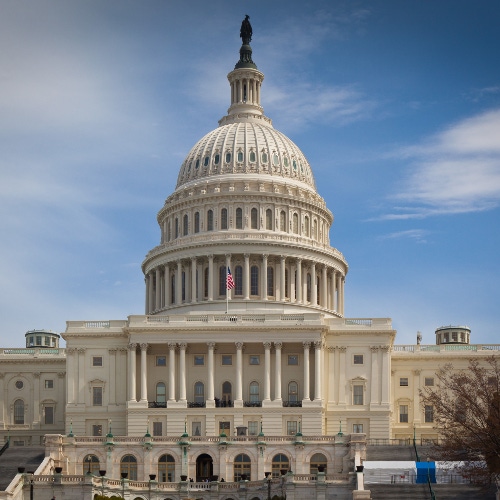Ohio man pretended to be WISP as part of scam – FCC report
Kyle Traxler created wireless Internet provider Cleo Communications in order to participate in the FCC's Emergency Broadband Benefit (EBB) program. However, according to the agency, Cleo didn't provide any telecom services.

The FCC is proposing a $220,000 fine against an Ohio man that the agency said pretended to be a wireless Internet service provider (WISP) in order to scam low-income Americans.
As noted by Ars Technica, the FCC issued a report detailing the alleged hoax. The agency said Kyle Traxler created Cleo Communications to participate in the FCC's Emergency Broadband Benefit (EBB) program. According to the agency's report, Traxler engaged in wire fraud by accepting payments through the program without providing any telecom services in return.
"The [FCC] Enforcement Bureau investigation found that Cleo apparently sold consumers EBB program-discounted devices through Cleo's website, and these consumers paid Cleo via PayPal, Venmo or credit cards," according to the report. "Cleo received and accepted these payments through interstate wire transactions, but none of the eight consumers the bureau interviewed ever received the services or devices they ordered."
The FCC's inspector general warned of this kind of scam just over a year ago. A report from the inspector general's office pointed to the potential for "improper and abusive" fraud by providers that "defraud FCC programs by violating program enrollment rules and claim support."
Figure 1:  The US Capitol building.
The US Capitol building.
(Source: Inge Johnsson/Alamy Stock Photo)
At issue is the $3.2 billion EBB program created by the FCC during the early days of the COVID-19 pandemic to help low-income Americans afford broadband connections. More than 5 million Americans signed up for the program, which provided up to $50 per month for broadband service and a one-time payment of up to $100 for a computer or tablet. To replace the EBB, Congress recently allocated more than $14 billion for the Affordable Connectivity Program (ACP).
According to the FCC's new report, Traxler, as CEO of Cleo, applied for authorization to participate in the EBB Program in early May 2021. At the time, he claimed that the company provided broadband services in 54 states and territories.
The FCC asked Cleo for supporting documentation to back the claims, and in late May, Cleo responded with "screenshots of Facebook pages for KYTY Communications, another company purportedly owned and managed by Kyle Traxler and involved in providing telecommunications services – and stated that 'Cleo is now part of KYTY'," according to the report. "Cleo also provided copies of two invoices dated December 29, 2020 and July 15, 2020, labeled Cleo and TB Broadband, with customer-identifying information removed, which Cleo claimed was 'due to CPNI [customer proprietary network information] and privacy'."
The report continues: "In addition, Cleo submitted a statement saying it had started as TB Broadband but the company name had been changed 'when finding out TB Broadband was being confused with BT Broadband.' Cleo also stated that TB Broadband had been providing high-speed wireless internet from June 2020 to December 2020, when it had approximately 500 customers."
On May 25, the FCC said it "ultimately deemed the application for Cleo sufficient for expedited processing and authorized Cleo to participate in the EBB program."
Cleo then began offering services via its website, which was listed by the FCC among the providers participating in its EBB program.
However, after receiving dozens of complaints, the FCC investigated Cleo and, in December 2021, issued a subpoena to Traxler. The agency then decided to propose a $220,000 fine.
The FCC's Notice of Liability is the first step toward issuing the fine, according to Ars Technica. The publication noted that the FCC has a poor track record in collecting fines because of its limited enforcement authority. However, the FCC can refer cases to the US Justice Department.
Related posts:
— Mike Dano, Editorial Director, 5G & Mobile Strategies, Light Reading | @mikeddano
About the Author(s)
You May Also Like











